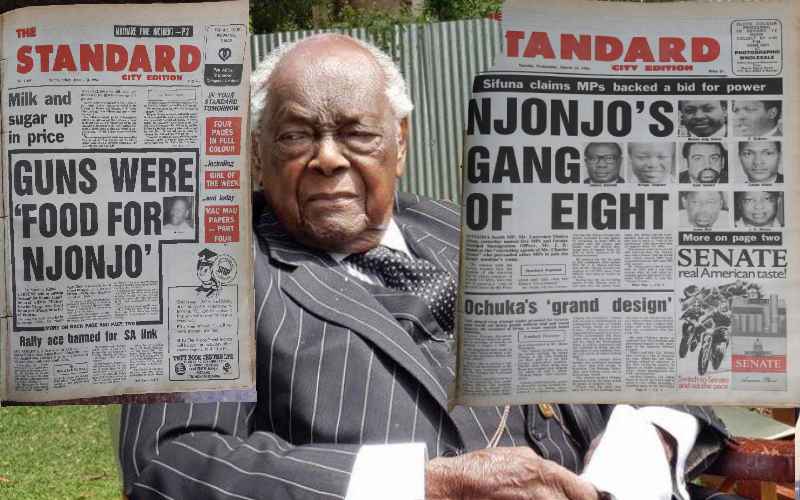×
The Standard e-Paper
Smart Minds Choose Us

So given to quality and Western culture was former Attorney General Charles Njonjo that he regularly imported apples, oranges, juices and toys for his family, the Judicial Commission of Inquiry probing him was told.